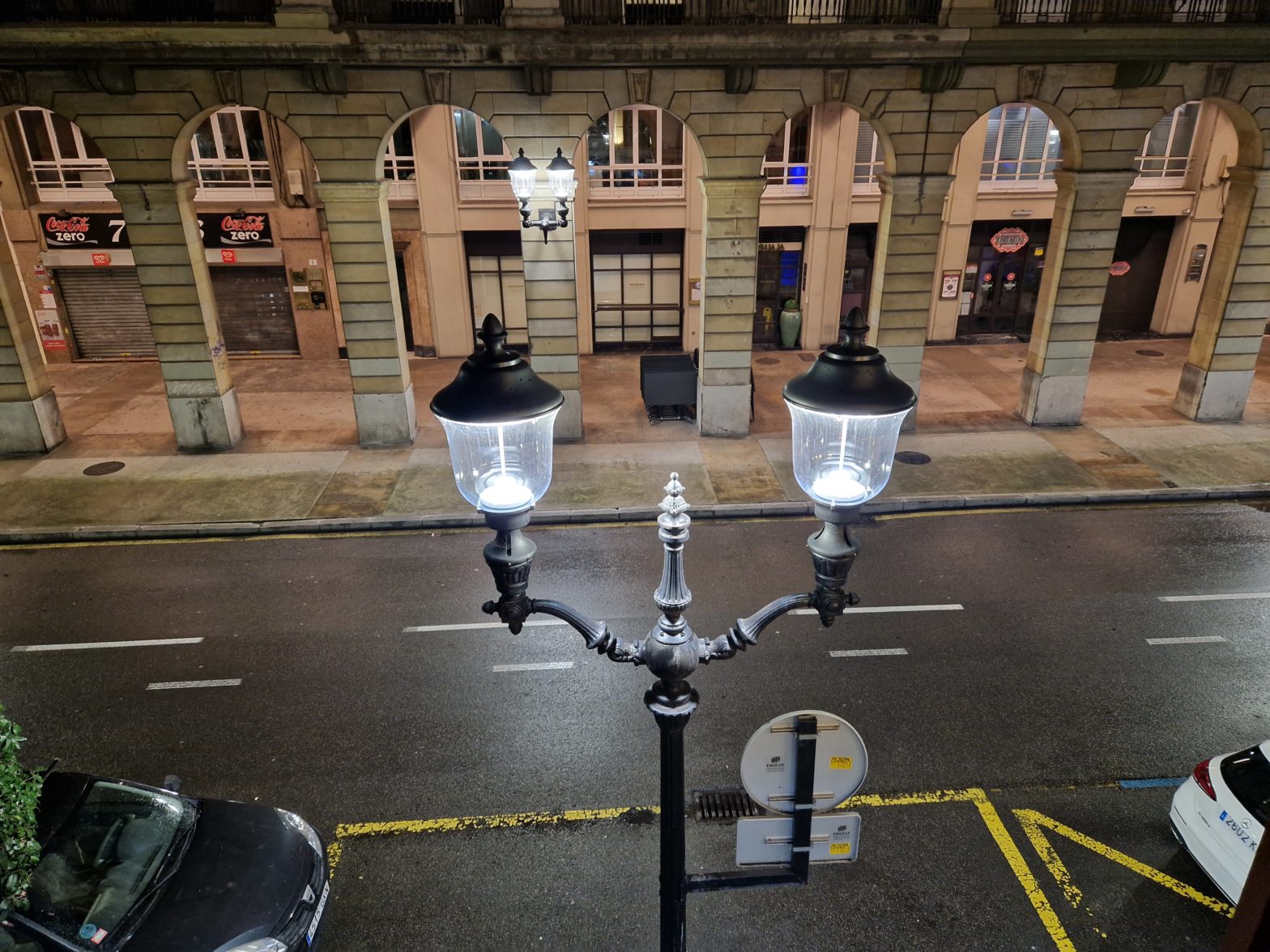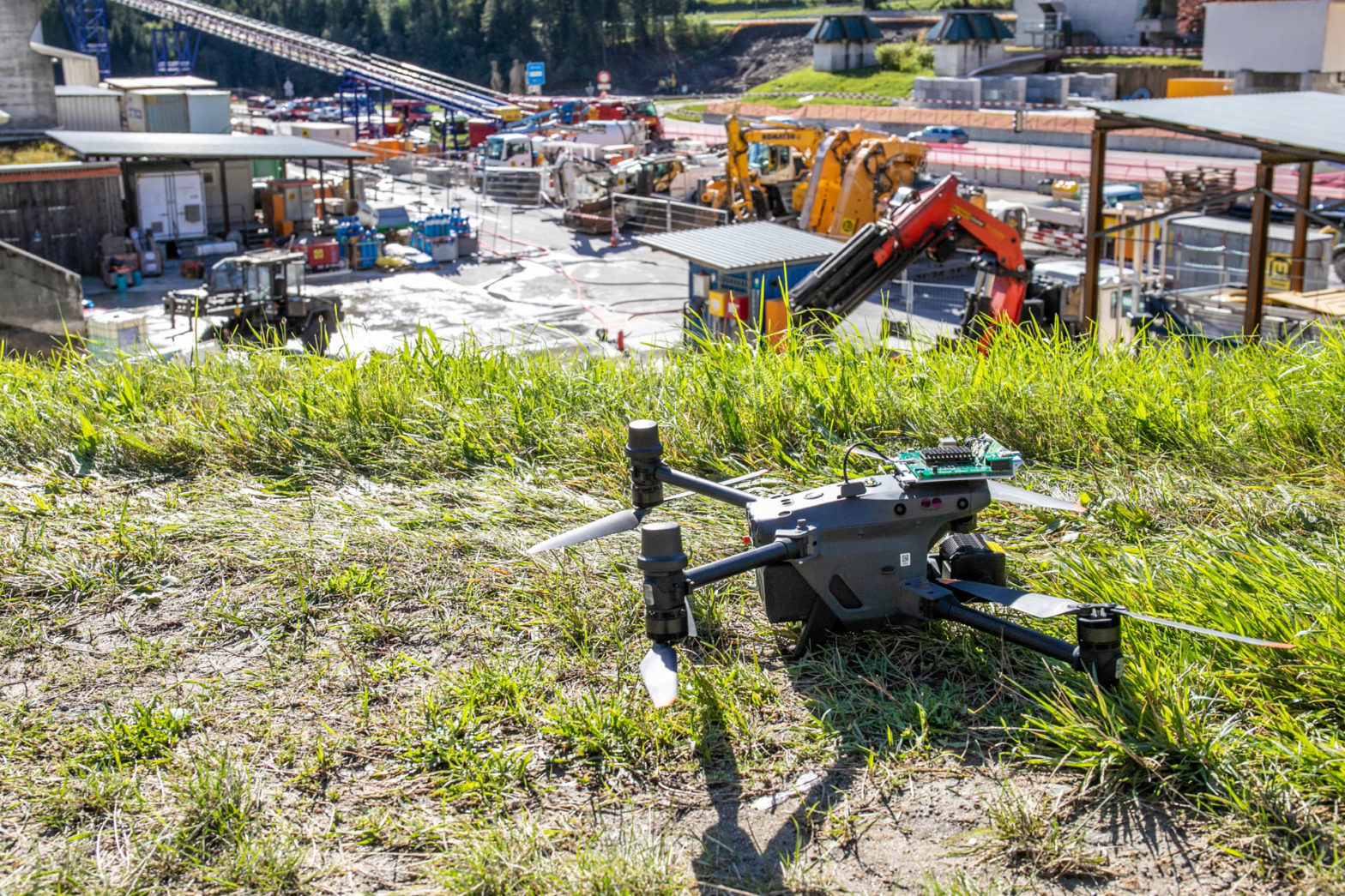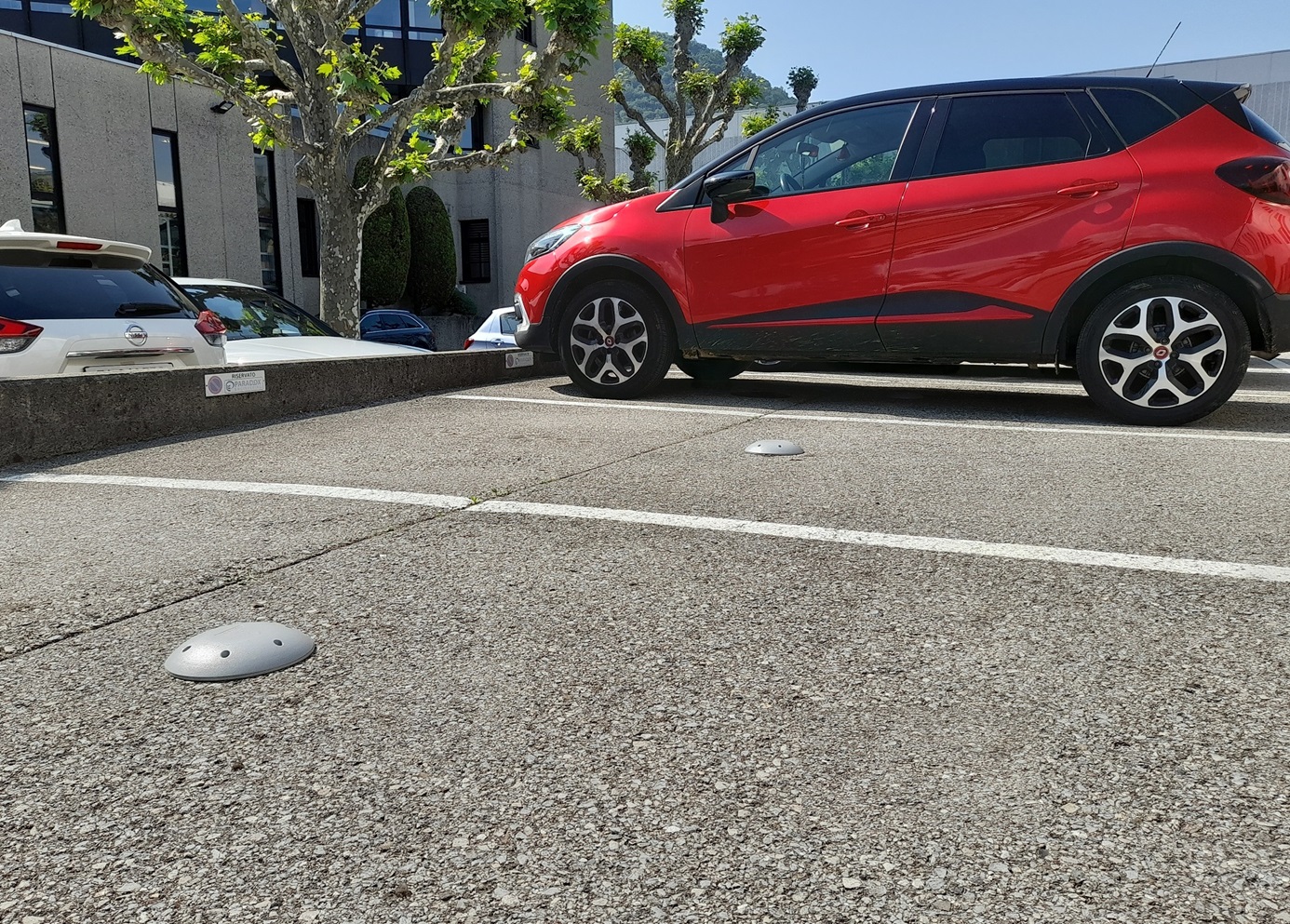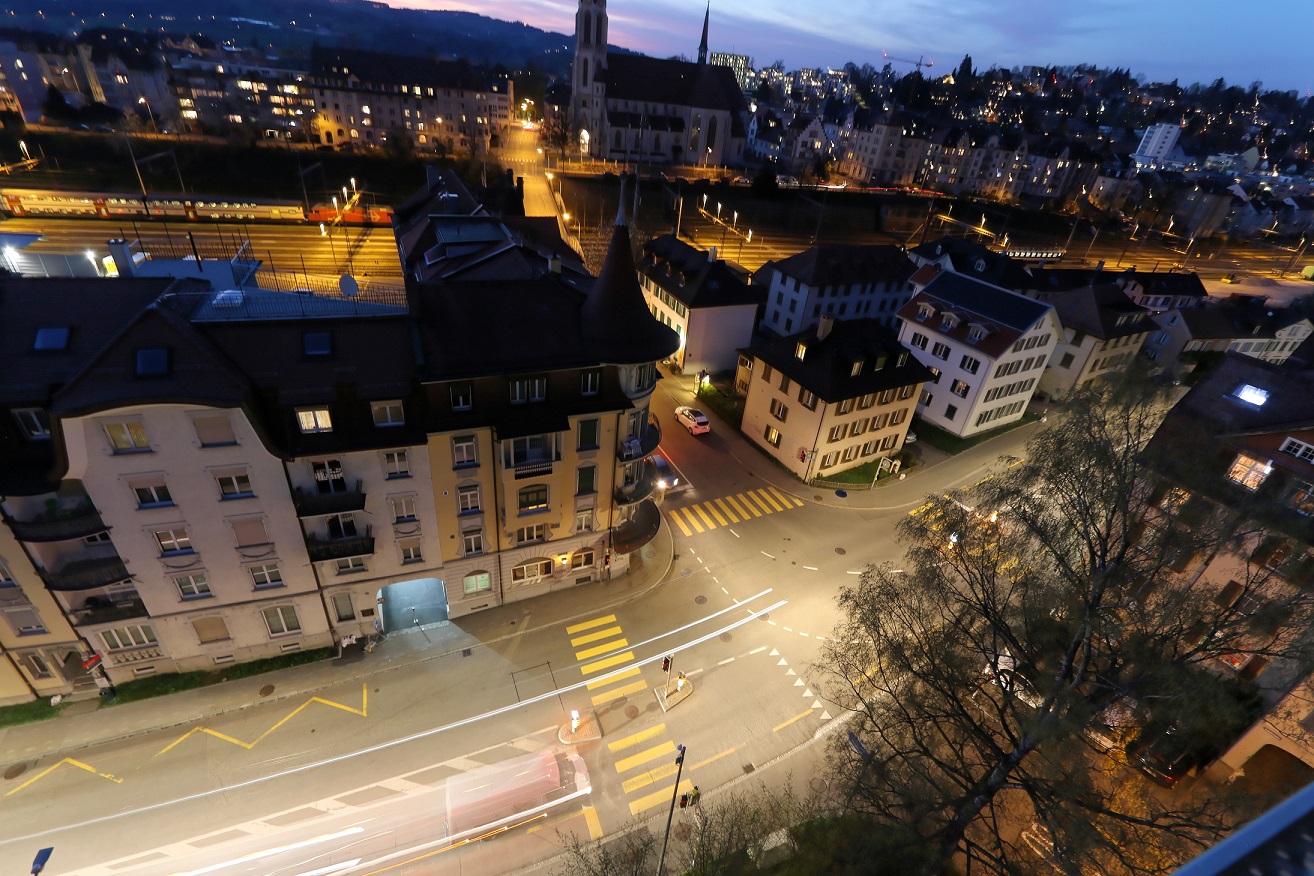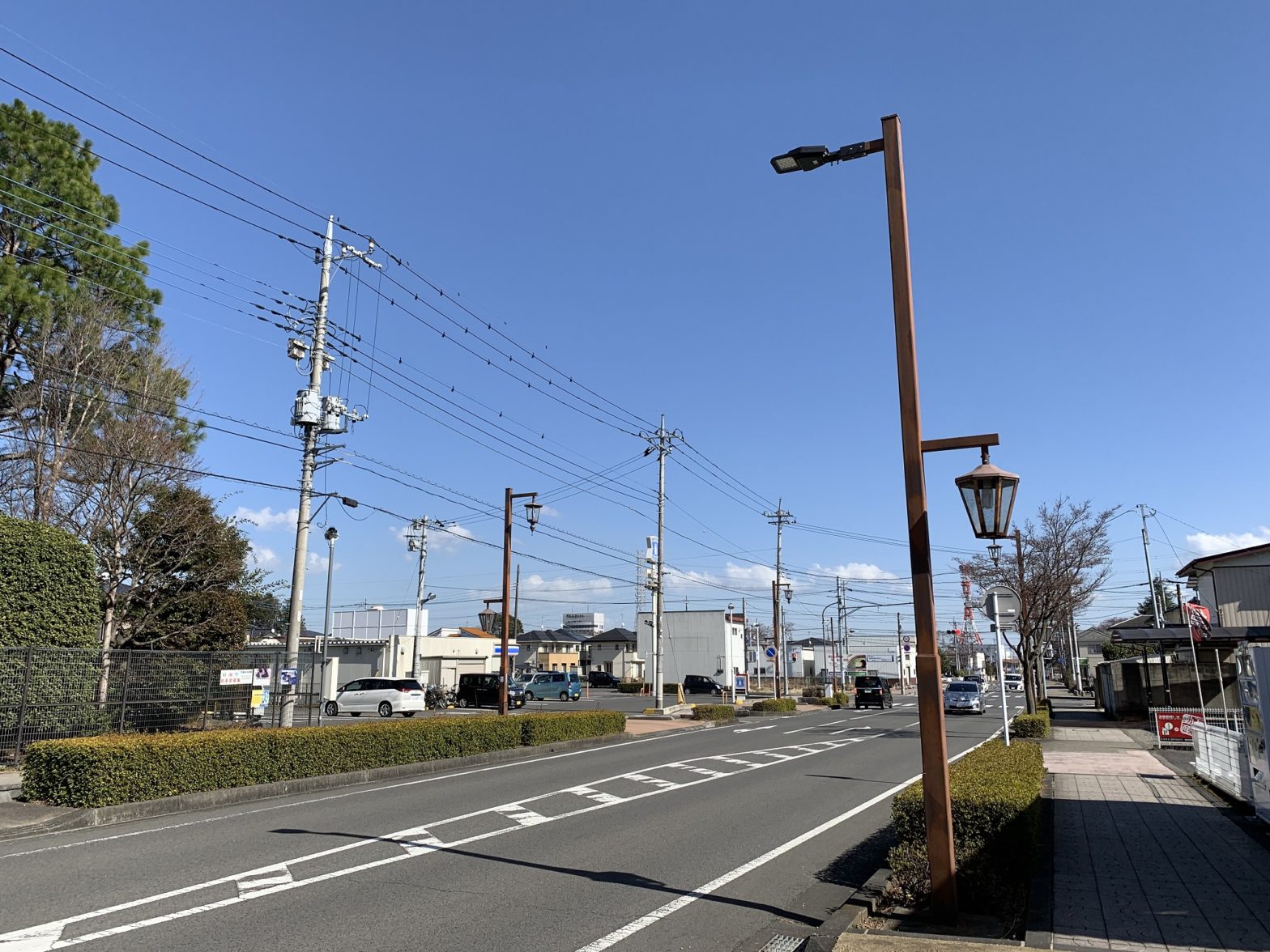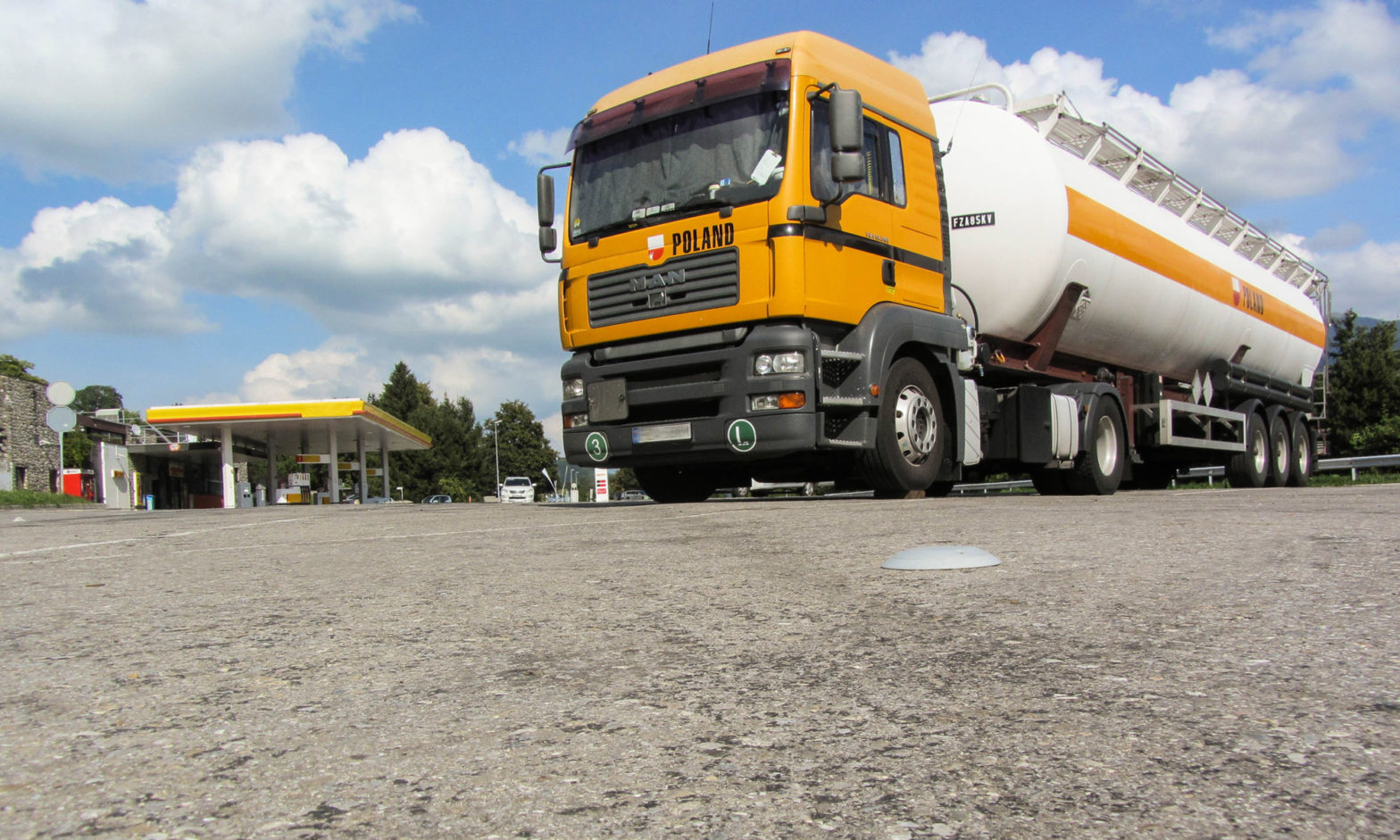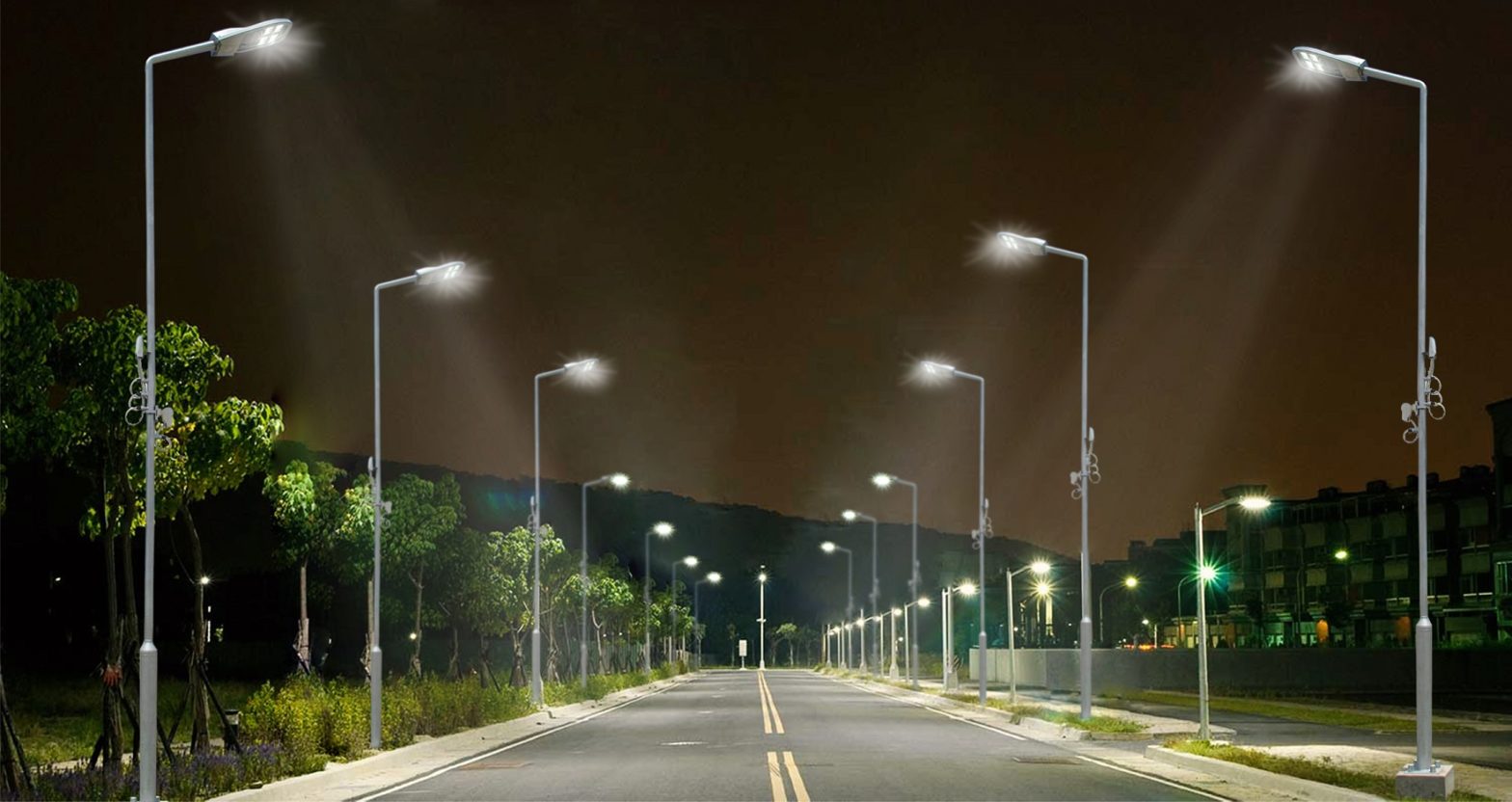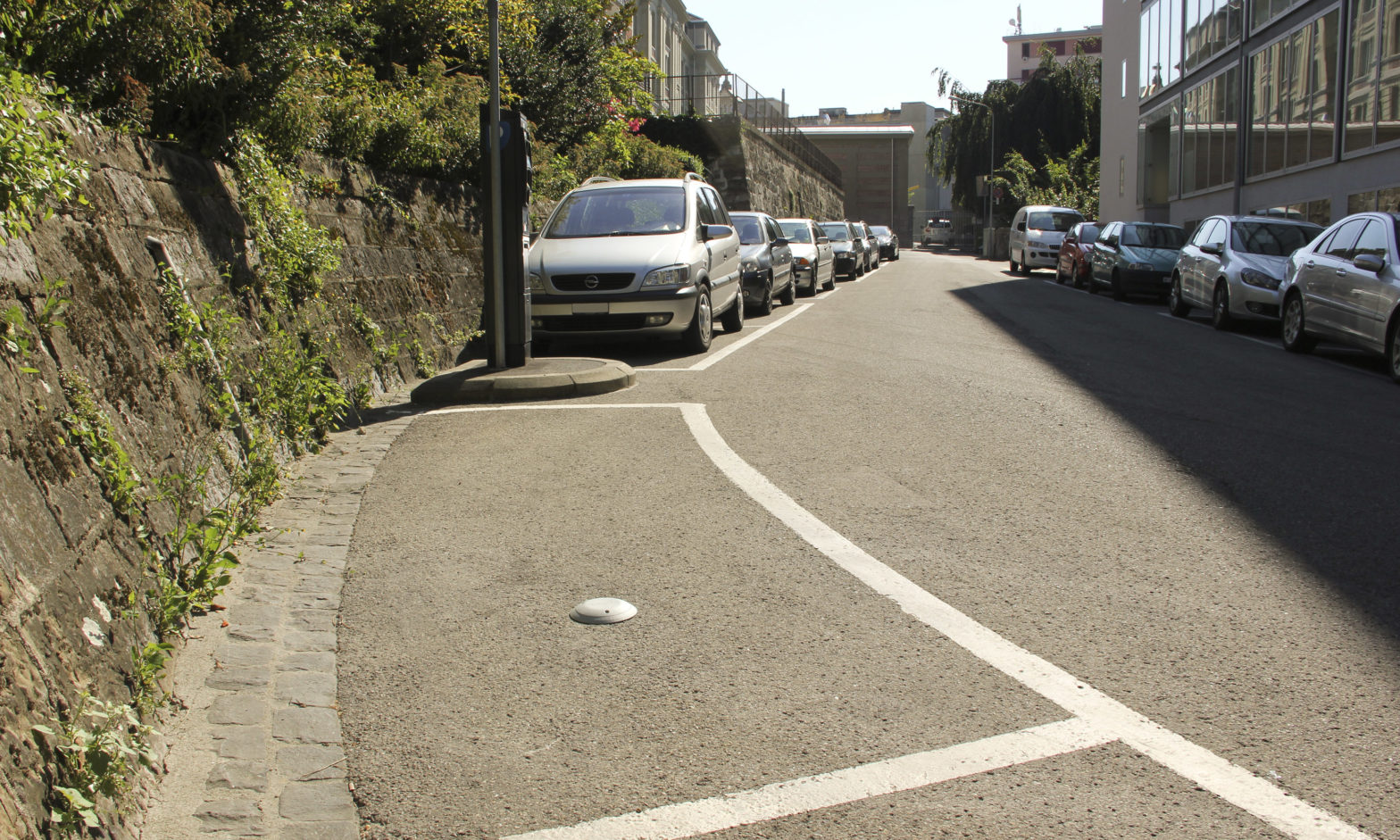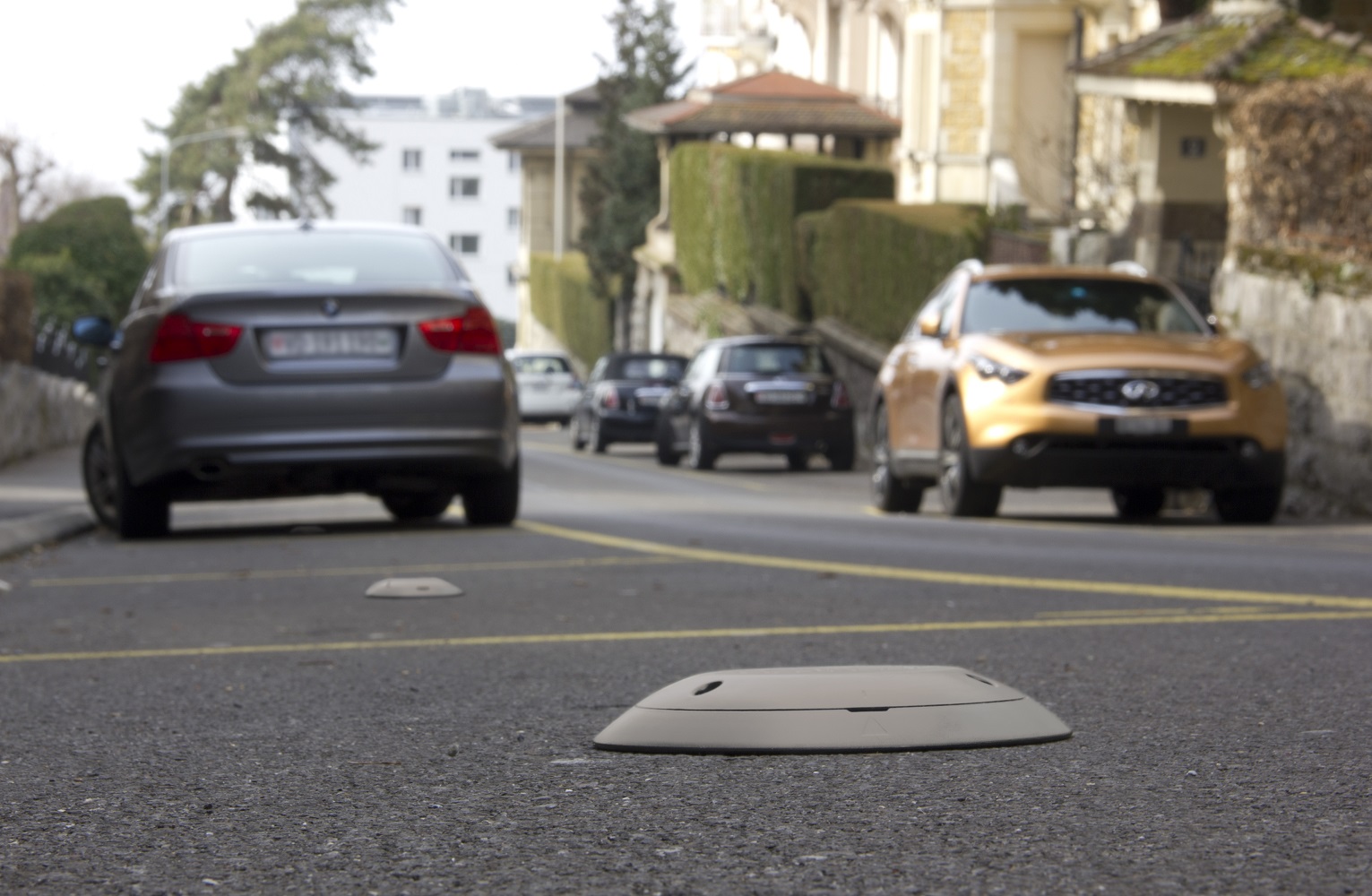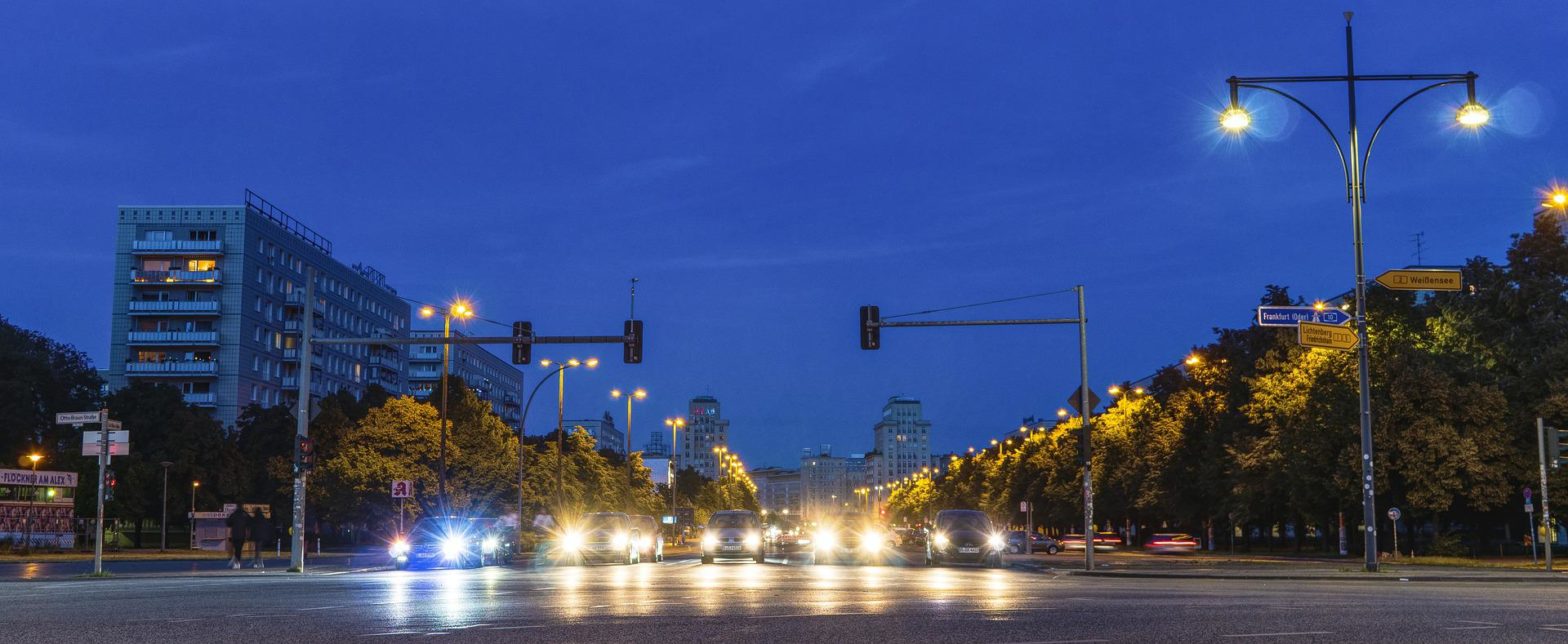
Closing the IoT skills gap that holds smart cities back
01 September 2022
Sponsored by: Paradox Engineering
Cities acknowledge the benefits of smart technologies in managing public services, improving energy efficiency, and accelerating the transition towards carbon neutrality, while at the same time creating new opportunities for sustainable and inclusive growth. This consolidated awareness is driving smart city initiatives and related investments, which IDC expects to exceed US$158 billion globally by the end of 2022.
Despite the promising figure, smart cities still have some obstacles along their way. Shrinking budgets and the difficult search for additional funding are reported by many local governments, alongside regulatory hurdles that slow down large-scale projects. Siloed, piecemeal governance is also an issue, as smart projects are often designed to solve a single problem in a single department, totally lacking a system-wide view and an integrated, holistic approach.
But even when local authorities have enough resources and far-sighted governance, the development of smart services may experience obstacles. Inadequate technical skills and expertise in Internet of Things (IoT) stand out as major barriers.
“Some cities believe investing in best-of-breed technologies and a trustworthy vendor is a guarantee for high returns, but that’s not enough. To achieve real, long-lasting success, the city should master a variety of technological, project management and urban planning skills,” says Carlo Bernocco, Customer Support Manager at Paradox Engineering, the Swiss company specialising in IoT solutions for cities and smart environments.
Skills and competences for the success of smart cities
Let’s consider a typical smart lighting project. Turning existing streetlights into a smart IoT infrastructure requires both general skills – a good knowledge of the applicable regulation, a smooth coordination with the department of public works to run onsite activities, the ability to manage citizens’ consensus and engagement, etc. – and specific technical expertise to design and engineer the outdoor street lighting application, assess the necessary network infrastructure and connectivity layout, and configure and set up all solution components. Once the solution is up and running, equally important skills are needed to achieve the best possible performance from installed networks and devices, smoothly manage troubleshooting and address possible hiccups.
“Only a few cities have all these resources in-house. That’s why cities and utilities are increasingly asking for external help to successfully manage their IoT projects, from the design to roll-out, up to operation and maintenance,” adds Bernocco.
Besides mastering IoT, what support should a good partner be able to provide?
“Most smart journeys are about the evolution of existing infrastructures and systems. A partner with a proven expertise can support the city in managing technical and operative constraints, overcoming possible resistance to change, and ensuring proper project governance”, comments Carlo Bernocco.
“Also, when a new application is ready for implementation, there are several partners acting onsite – think of technology vendors, system integrators, installers, maintenance teams, but also power and connectivity providers. Directing works and effectively managing ongoing interactions is not an easy job, so having a partner as a single, trusted point of contact may be beneficial for a city manager.”
Professional support services to accelerate smart journeys
Paradox Engineering has developed significant expertise in supporting city and utility managers to design, implement and manage their smart applications and IoT solutions. This expertise has been packaged in a range of professional services including engineering services and solution design, operation and maintenance support, project management and commissioning, hardware and software maintenance.
There are also training services with high level classes for installation and maintenance teams, or customised services to address specific needs or threats such as cybersecurity.
“Cybersecurity is a highly complex and multifaceted topic. Cities can mitigate risks, address vulnerabilities, and quickly respond to possible attacks only if they have specific knowledge, the proper approach in place and the right tools. That’s a domain where cities are definitely seeking consultancy and support,” concludes Bernocco.
About Paradox Engineering
Paradox Engineering is a technology company that designs and markets Internet of Things solutions for open cities and other smart environments. Established in 2005 and headquartered in Switzerland, the company is the IoT Excellence Centre of MinebeaMitsumi Group, leading global provider of Electro Mechanics Solutions™, and controls Tinynode, which specialises in smart parking technologies.
For further information, please visit www.pdxeng.ch



